Partners
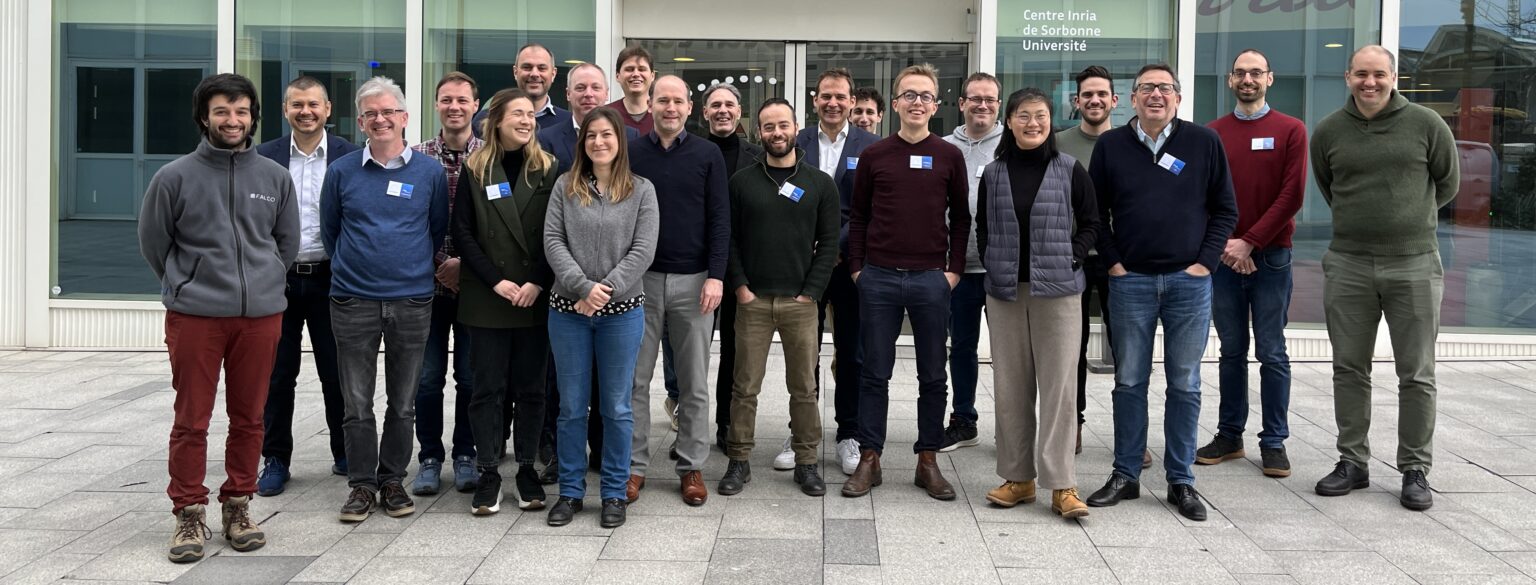
(from left to right) Keoma Laguna (Wattson Elements), Onur Akdogan (Analog Devices), Dara O’Sullivan (Analog Devices), Fabian Graf (Siemens), Elise Viola (Inria), Michael Villnow (Siemens), Brian Coffey (Analog Devices), Clotilde Monnet (Inria), Franz Zeilinger (Siemens), Roderich Gross (University of Sheffield), Jochen Nickles (Siemens), Micael Couceiro (Ingeniarius), Thomas Watteyne (Inria), Filip Maksimovic (Inria), Jonathan Oostvogels (KU Leuven), Danny Hughes (KU Leuven), Mengyao Liu (KU Leuven), Michiel Aernouts (IMEC), Bruno Le Dantec (Inria), Phil Reiter (IMEC), Malisa Vucinic (Inria)
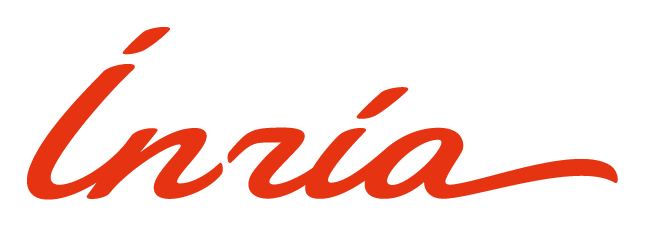
Inria-AIO is a leading research team in low-power wireless communications. The team is designing Tomorrow’s Internet of (Important) Things. It pushes the limits of low-power wireless mesh networking by applying them to critical applications such as robotics, industrial control loops, with harsh reliability, scalability, security and energy constraints. Inria-AIO co-chairs the IETF LAKE standardization working group. Inria-AIO is heavily involved in real-world applications, and oversees over 1,000 sensors deployed on 3 continents for smart agriculture, smart city and environmental monitoring applications. The team’s research program is organized around 5 pilars: Smart Dust, Low-Power Wireless Networking, Security in Constrained Systems, Swarm Robotics and Vehicle Area Networking. The team is associated with Prof. Pister’s team at UC Berkeley, working on Smart Dust.
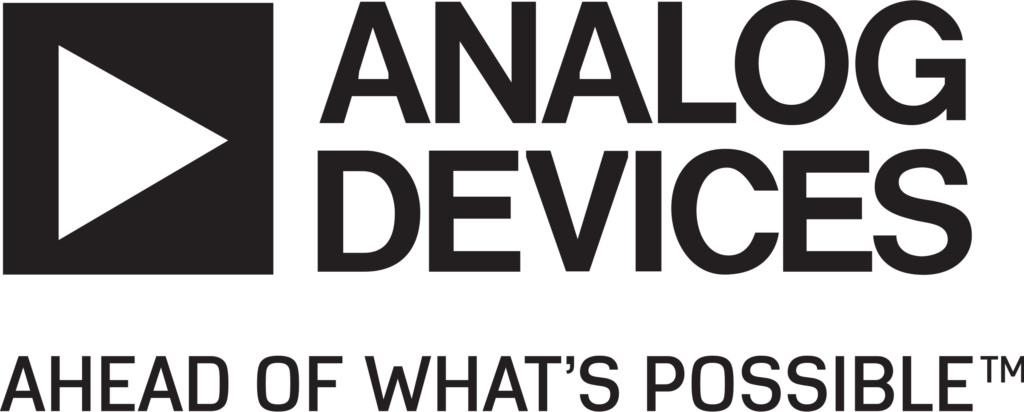
Analog Devices, Inc. (NASDAQ: ADI) is a global semiconductor leader that bridges the physical and digital worlds to enable breakthroughs at the Intelligent Edge. ADI combines analog, digital, and software technologies into solutions that help drive advancements in digitized factories, mobility, and digital healthcare, combat climate change, and reliably connect humans and the world. ADI was founded in 1965, with revenue of more than $12 billion in FY22 and approximately 25,000 people globally working alongside 125,000 global customers.

Imec is the world-leading research and innovation hub in nanoelectronics and digital technologies. The combination of our widely acclaimed leadership in microchip technology and profound software and ICT expertise is what makes us unique.
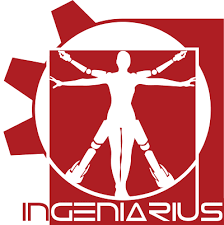
Ingeniarius, Lda., is a private SME that aims for research and technological development in field robotics, having developed its own ROS-enabled ecosystem, ranging from low-level software, such as kinematics and control, to high-level software, such as SLAM, path planning, decision-making and artificial perception. ING’s portfolio includes the full development of unmanned field robots, namely for ground, aerial and underwater applications, and the robotization of existing vehicles, such as electric cars and heavy-duty machines.
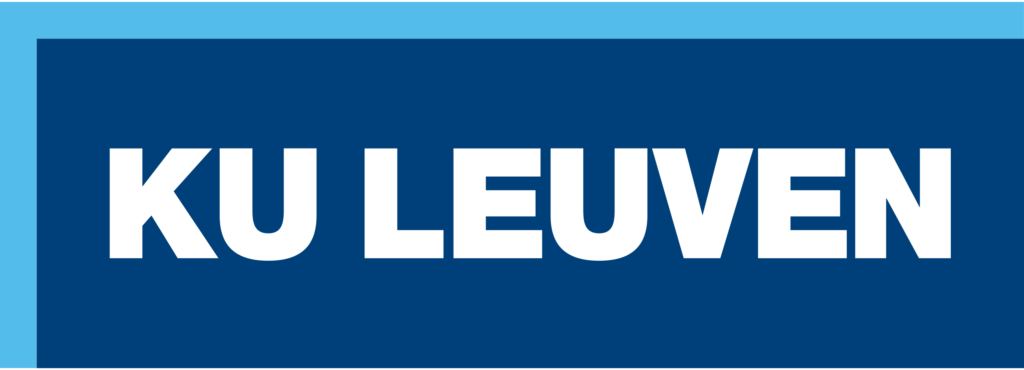
KU Leuven is the largest university in Belgium in terms of research funding and expenditure (EUR 522 million in 2019) and is a charter member of LERU. KU Leuven conducts fundamental and applied research in all academic disciplines with a clear international orientation. Since 1972 a multidisciplinary team of experts guides researchers in their interaction with industry and society, and the valorisation of their research results (resulting in more than 100 spin off companies). KU Leuven will contribute its expertise on adaptive energy harvesting and dependable low-latency networking.

Siemens is a technology company focused on industry, infrastructure, transport, and healthcare. From more resource-efficient factories, resilient supply chains, and smarter buildings and grids, to cleaner and more comfortable transportation as well as advanced healthcare, the company creates technology with purpose adding real value for customers. Both Siemens Germany and Siemens Austria are partners in the OpenSwarm project.

The team at The University of Sheffield (UOS) offers internationally leading expertise in swarm robotics. They have advanced the field by proposing solutions that can be used on swarms of robots with extremely limited resources. UOS offers outstanding facilities for validating swarm solutions in the real world, including a swarm of 1,000 Kilobots. UOS leads WP4 which studies tools that enable operators to intuitively program energy-aware swarm level behaviours that are fully adaptive while respecting formal specifications. It also leads the validation activities on the 1,000 Kilobot swarm, and contribute to all work packages, including the application of OpenSwarm to proof-of-concept use cases.
Falco empowers marinas to transition towards a Smart Marina solution, applying novel technologies to environmental protection application and allowing delivery of new and personalized connected boating services. Falco’s data enables real-time knowledge of slip or mooring occupancy, utility usage, boat status and much more.
This project has received funding from the European Union’s Horizon Europe Framework Programme under Grant Agreement No. 101093046.


